Upper School Students Collaborate with Faculty to Organize Vigil in Wake of Recent National Hate Crimes
November 15, 2018
Upper School students and co-presidents of the Jewish Student Union, Rachel Soloff and Alex Shapiro, worked with teachers Fred Kogan, Natalie Mayer, and Heather Fortune to organize a lunchtime vigil and period of worship to process the tragedies and mourn the victims of the recent hate crimes in the United States. The overall goal of this period of worship, according to its organizers, was to express solidarity with the groups of victims, as well as to serve as a safe space to express any reactions or emotions.
The vigil was held on October 29th in Natalie’s room. During the meeting, Natalie lit a memorial candle, and Rachel read an excerpt from the Diary of Anne Frank as students, teachers, and Head of School Michael Gary entered.
After this reading and a period of silence, those who attended the meeting had the opportunity to share any emotions, reactions, or thoughts to any of the events that occurred in the past week. Both students and teachers alike were incredulous as to how such a hate-filled series of attacks could occur in the United States in 2018. Alex then listed names of the victims from both the synagogue attack and the Kroger shooting.
To conclude, Rachel emphasized how important a period of mourning is, but that mourning alone does not suffice; she underscored that everyone, especially younger people, must take action and vote to change their America.
Since October 22nd, around twelve packages containing explosive devices were found to have been mailed to prominent members or supporters of the Democratic Party ahead of the Midterm Elections on November 6th. Some of the targets include Former President Barack Obama, former Vice President Joe Biden, both Bill and Hillary Clinton, as well as actor Robert De Niro. The perpetrator has since been caught.
The second hate crime occurred October 24th in Jeffersontown, Kentucky. An armed gunman attempted to break into a predominantly African-American church, only to realize it was locked. He then proceeded to enter into a nearby Kroger supermarket, killing Maurice Stallard, 69, and Vickie Lee Jones, 67. Both were African-American.
The third act of violence occurred in the Squirrel Hill neighborhood of Pittsburgh, a predominantly Jewish area. On October 29th, a gunman entered the Tree of Life synagogue chanting anti-Semitic sentiments, opened fire during a religious service, and killed eleven victims while inflicting seven other non-fatal injuries. About 40 minutes after the perpetrator entered the synagogue, the police exchanged gunfire with him, wounding him. He surrendered soon after.
The vigil held great significance to many members of the Friends Select community, students and faculty alike.
Hannah Feinberg, a student who attended the vigil, affirmed its importance: “It gave students a safe space to reflect on the acts of racism and anti-Semitism together as well as to mourn the lives lose.” She went further to comment on the importance of vigils like these to members of the greater Jewish and non-Jewish community: “Seeing people of different faiths come together made me feel a sense of community. After the anti-Semitic remarks last year, it was nice to see [that] people recognize that anti-Semitism does exist and affects everyone.”
School psychologist Natan Gottesman also spoke on the importance of vigils related to the mental health of students: “I think that [vigils] give folks a place where they can comfortably channel and express their feelings and emotions, and be together with people who have experienced the same traumatic experience that they did.” He also commented on the unity built by events like these: “My sense is that being together with others to mourn and mark a traumatic event that impacted a large number of people is an effective way to cope. Without a community element, I think that people can feel isolated, and possibly even more helpless than they already do.”
Natalie Mayer, a faculty sponsor of the vigil, expressed her hopes for how supportive the vigil was: “I hope the students felt support seeing everyone from this community come together, both faculty and students.” She also echoed Natan’s points of unity: “Different groups feeling the same emotions brings us together…. Hopefully [the vigil] brings out commonalities [among us].”
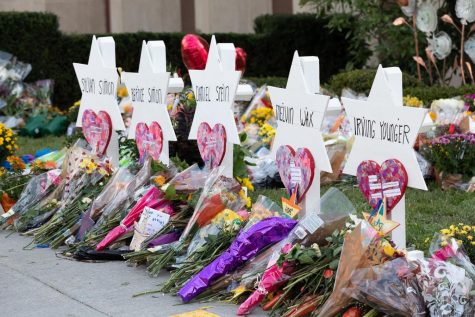

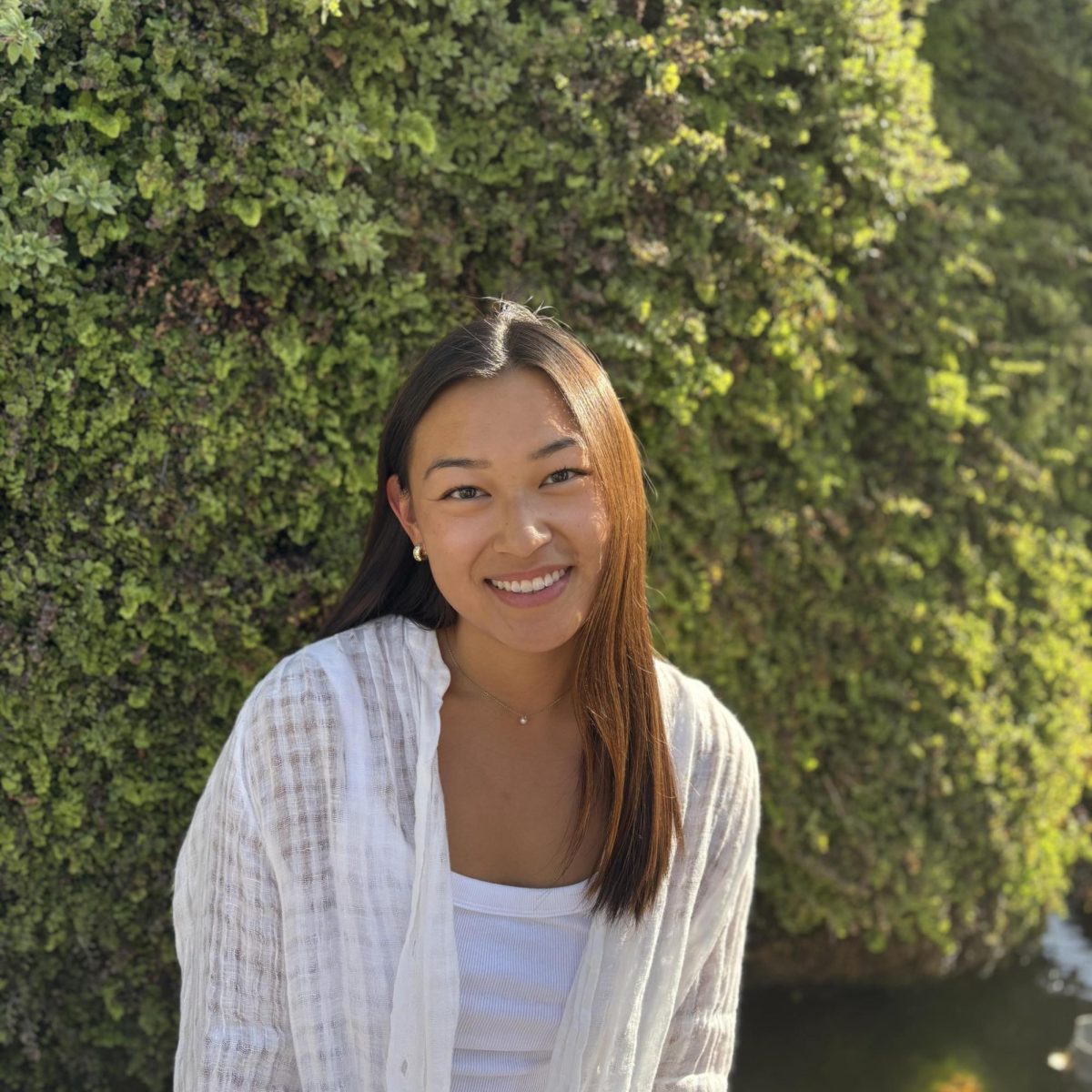














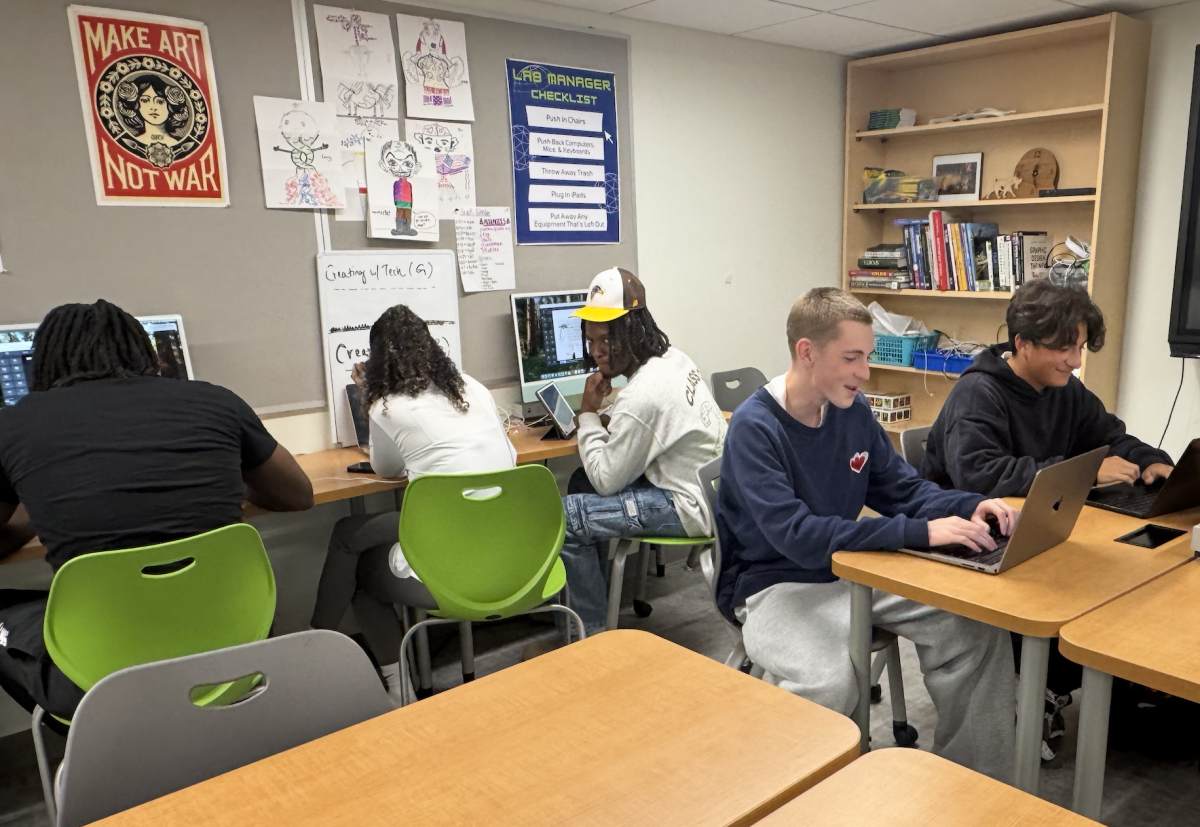












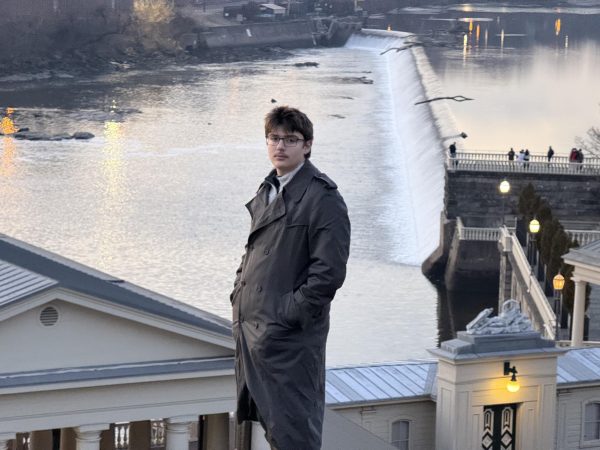
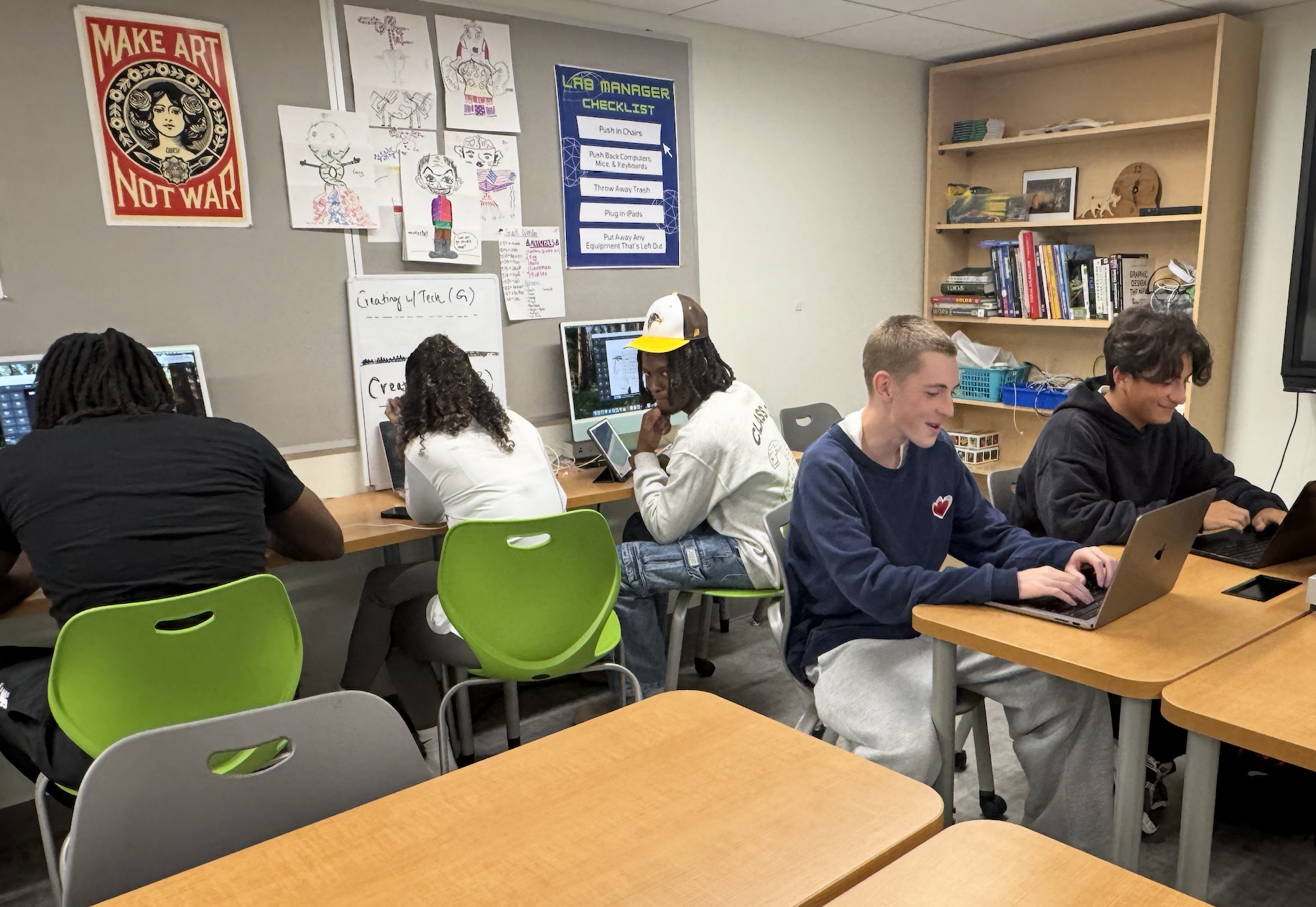
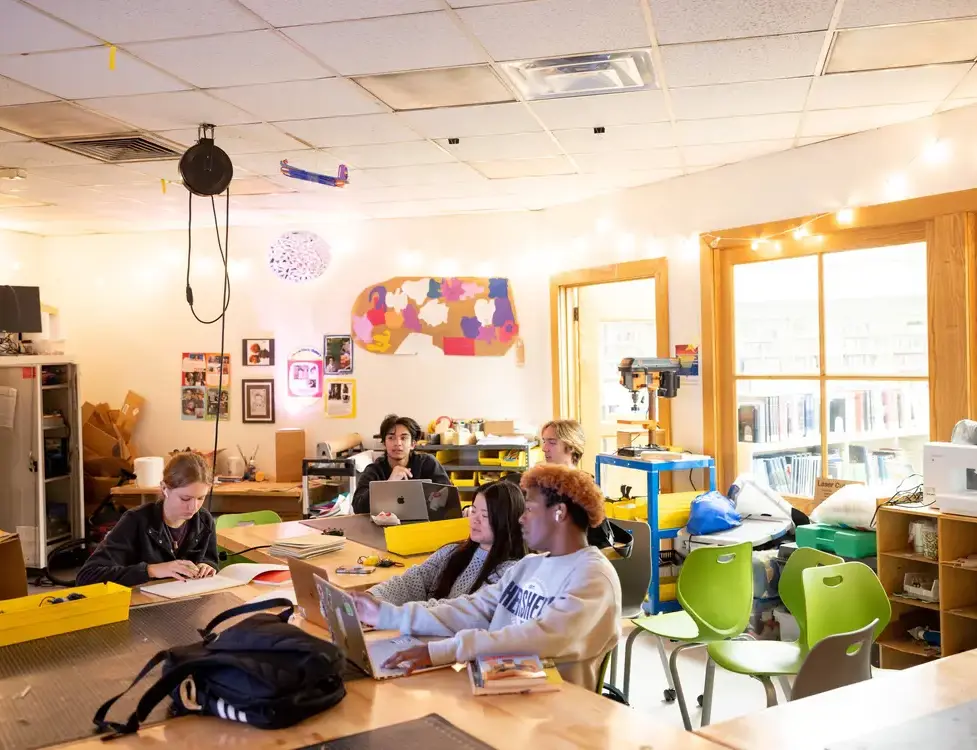
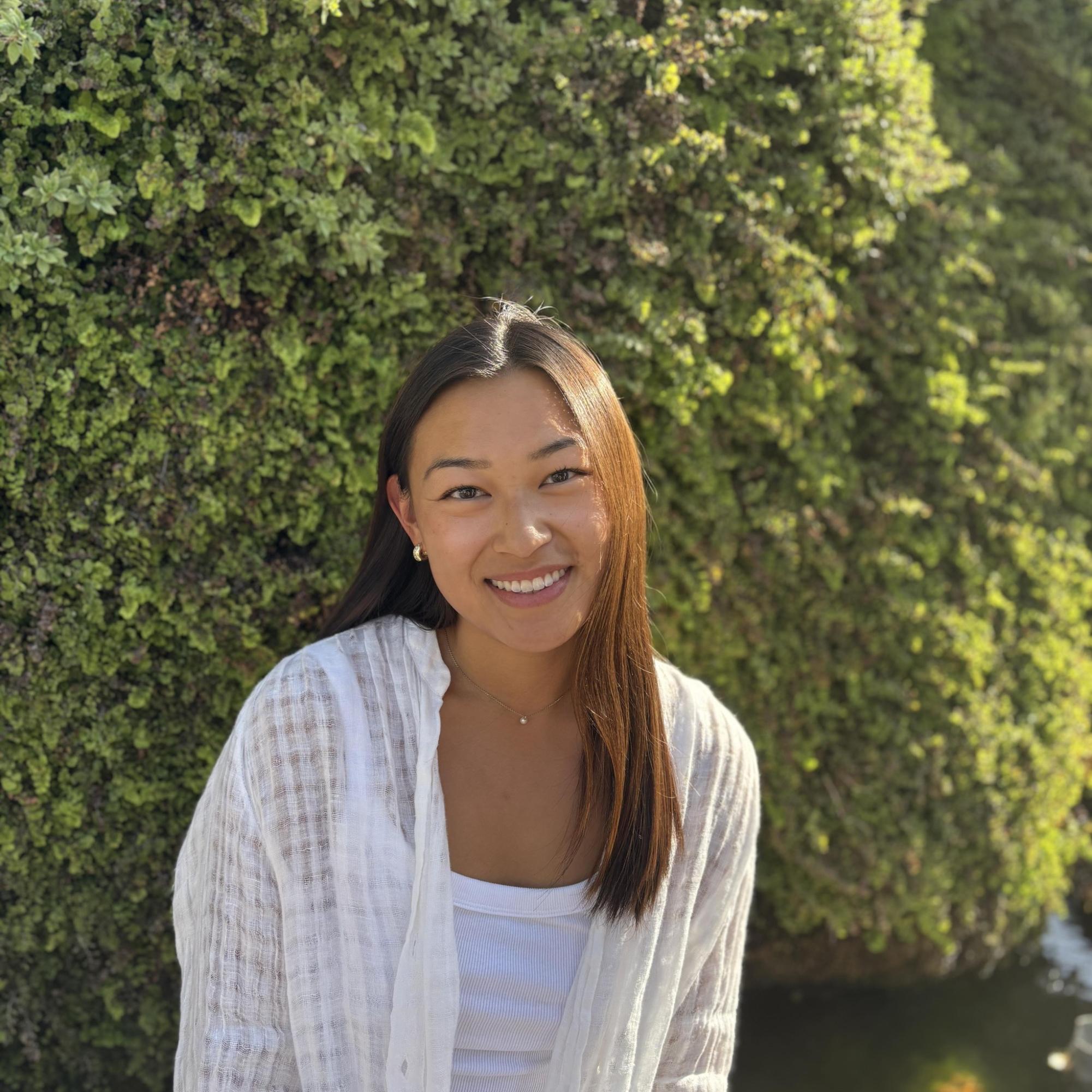
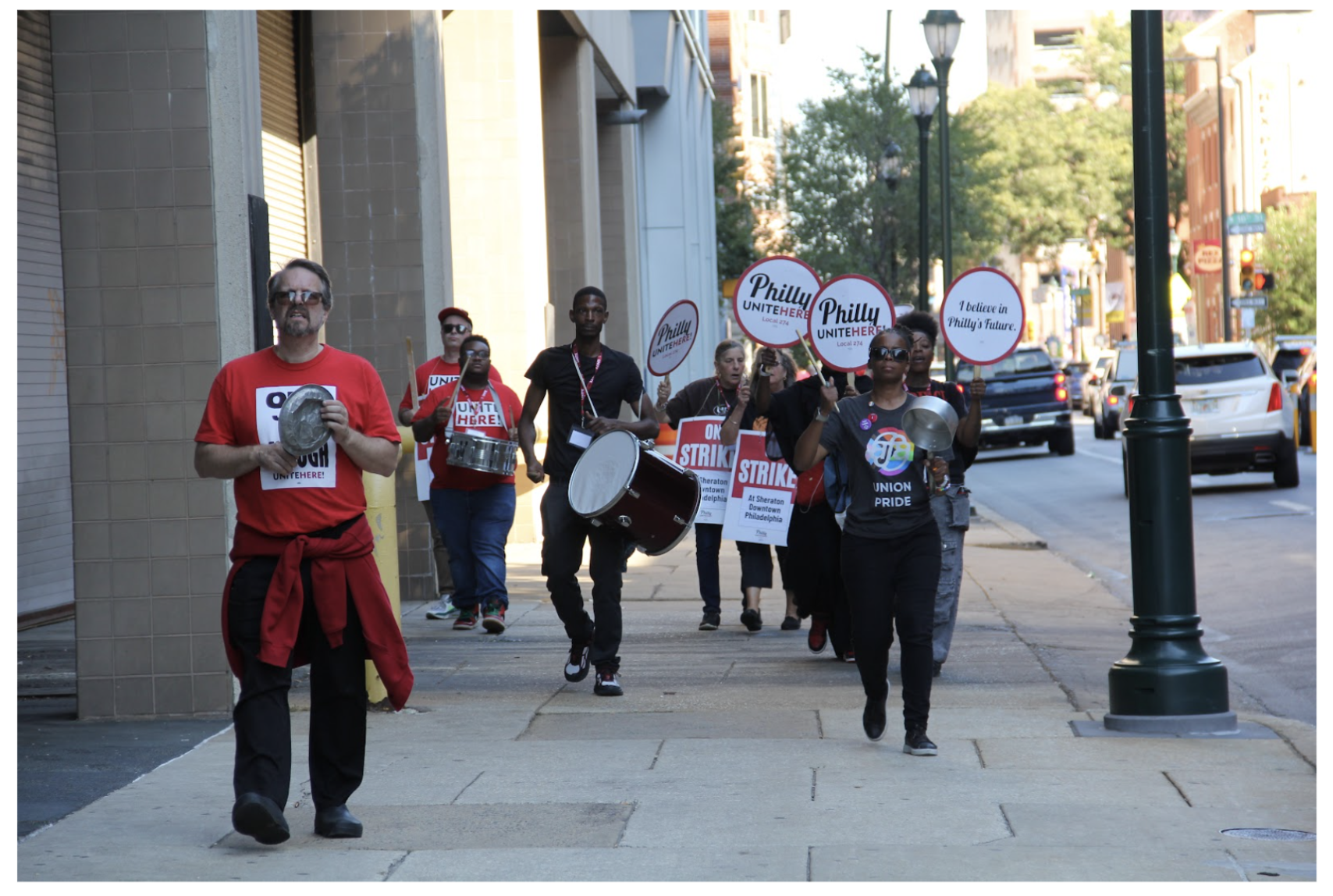
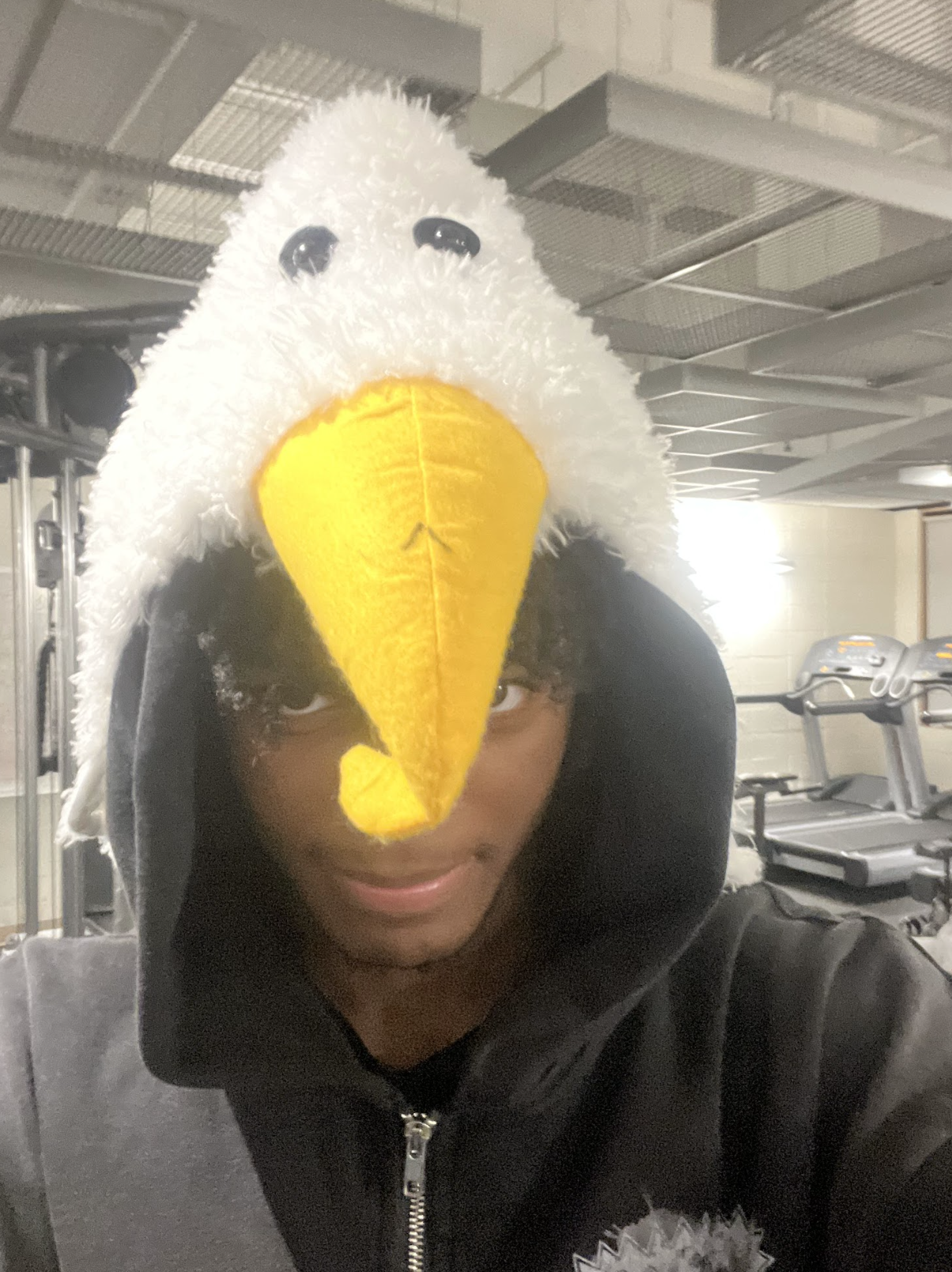
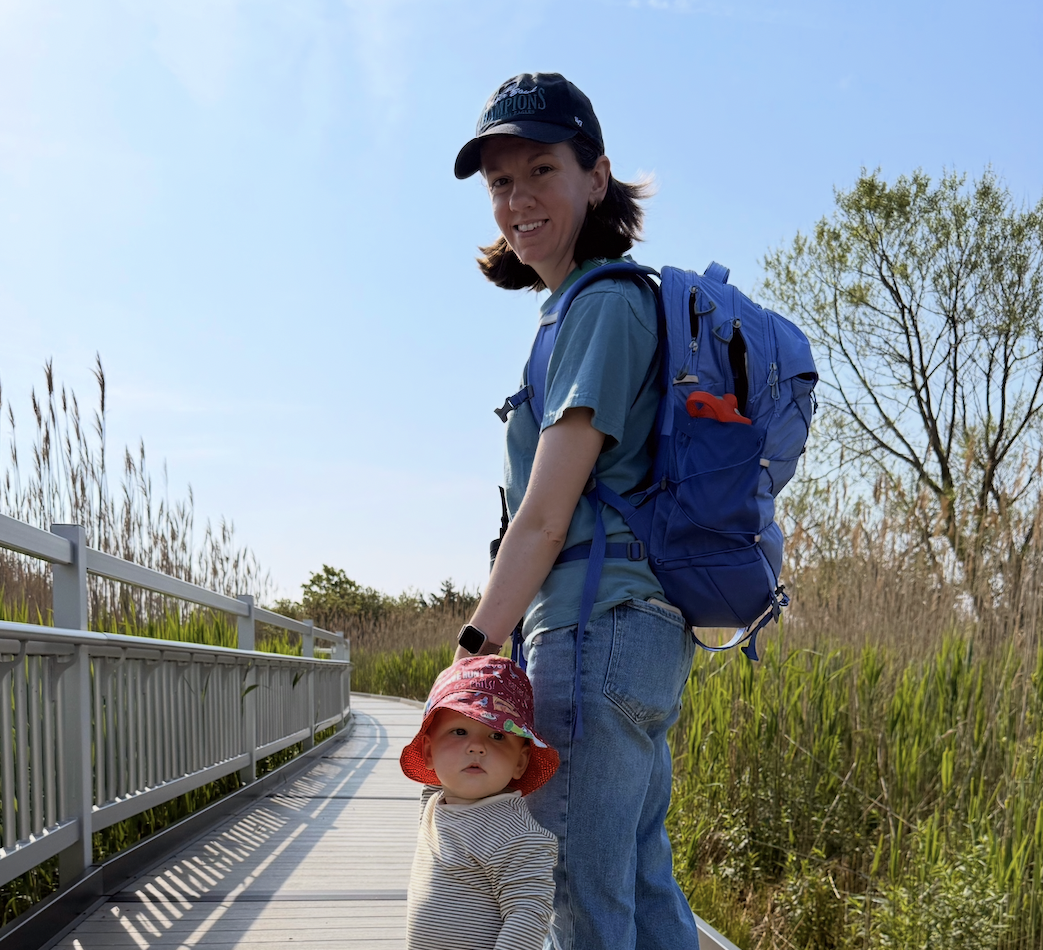
adviser • Dec 12, 2018 at 2:12 PM
testing 1, 2, 3